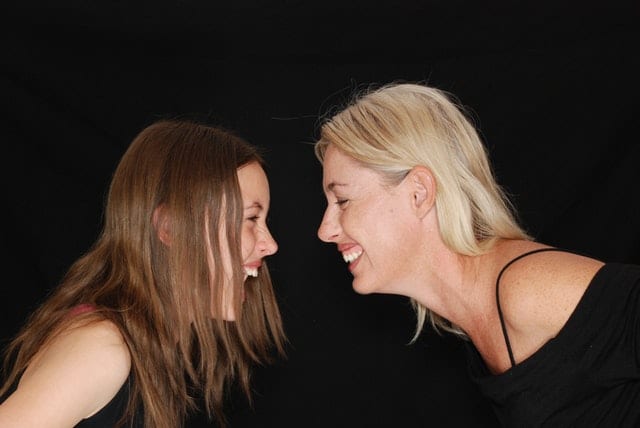
An Appealing Parenting Program for Parents of Teens
 A recent study funded by Australian Rotary Health (ARH) has found that the Tuning in to Teens parenting program has had a positive response from parents.
A recent study funded by Australian Rotary Health (ARH) has found that the Tuning in to Teens parenting program has had a positive response from parents.
The study evaluating the Tuning in to Teens parenting program was a world-first in looking at whether parents of secondary school aged students benefit from learning to emotion coach their teen.
Associate Professor Sophie Havighurst from the University of Melbourne was awarded a Mental Health Research Grant from ARH between 2014-2016 to conduct the study.
“Tuning in to Teens aims to help parents learn how to assist their teen in understanding and regulating emotions while also helping the parents themselves to manage their own emotional reactions,” said Associate Professor Havighurst.
“The program also aims to improve communication between parent and adolescent, especially at times of conflict.”
320 parent-adolescent dyads were recruited to see if the program would be effective in helping during this challenging time, especially the early years of secondary school. Secondary schools were randomised into either an immediate start condition or a 1-year delayed start condition.
Associate Professor Havighurst said the most unusual outcome of the study was that there was a very strong retention of participants, with 96% of parents and adolescents returning questionnaires 1 year after starting the study and 92% of adolescents participating in 1 year follow up clinical interviews.
“This was a most unusual outcome but appeared to occur because of the positive response parents had to the intervention and that our delayed-start Tuning in to Teens programs offered to control parents, retained them through the waiting period.”
“Parent feedback from the programs was very favourable, with comments suggesting that they valued the way they were learning to pause before reacting and instead became better at managing their own emotions.”
Some of the comments from parents included that they were no longer over-reacting to their teen’s emotional outbursts, they had improved empathy, and felt closer with their teen on the whole.
“The Tuning in to Teens program emphasises that parents should use less talk and instead replace ‘advice giving’ with ‘showing empathy.’”
“Saying less and showing greater understanding the empathy for the emotions the young person is experiencing tends to help them to calm down – talking through limits can then be done when everyone is thinking more clearly,” Associate Professor Havighurst said.
One more interesting finding was that parents with particular qualities appeared to be more emotionally dismissive to their teens.
“We found that parents who were less emotionally aware, more angry and impulsive were also more emotionally dismissive with their adolescents.”
“In turn, their adolescents were more likely to experience difficulties with anxiety. This provides an important rationale for parents receiving the program.”
There are plans to write in the results from this research into a Tuning in to Teens facilitators manual to assist professionals in delivering the program. The program is also being rolled out internationally.
Media contact: Jessica Cooper – (02) 8837 1900 or [email protected]